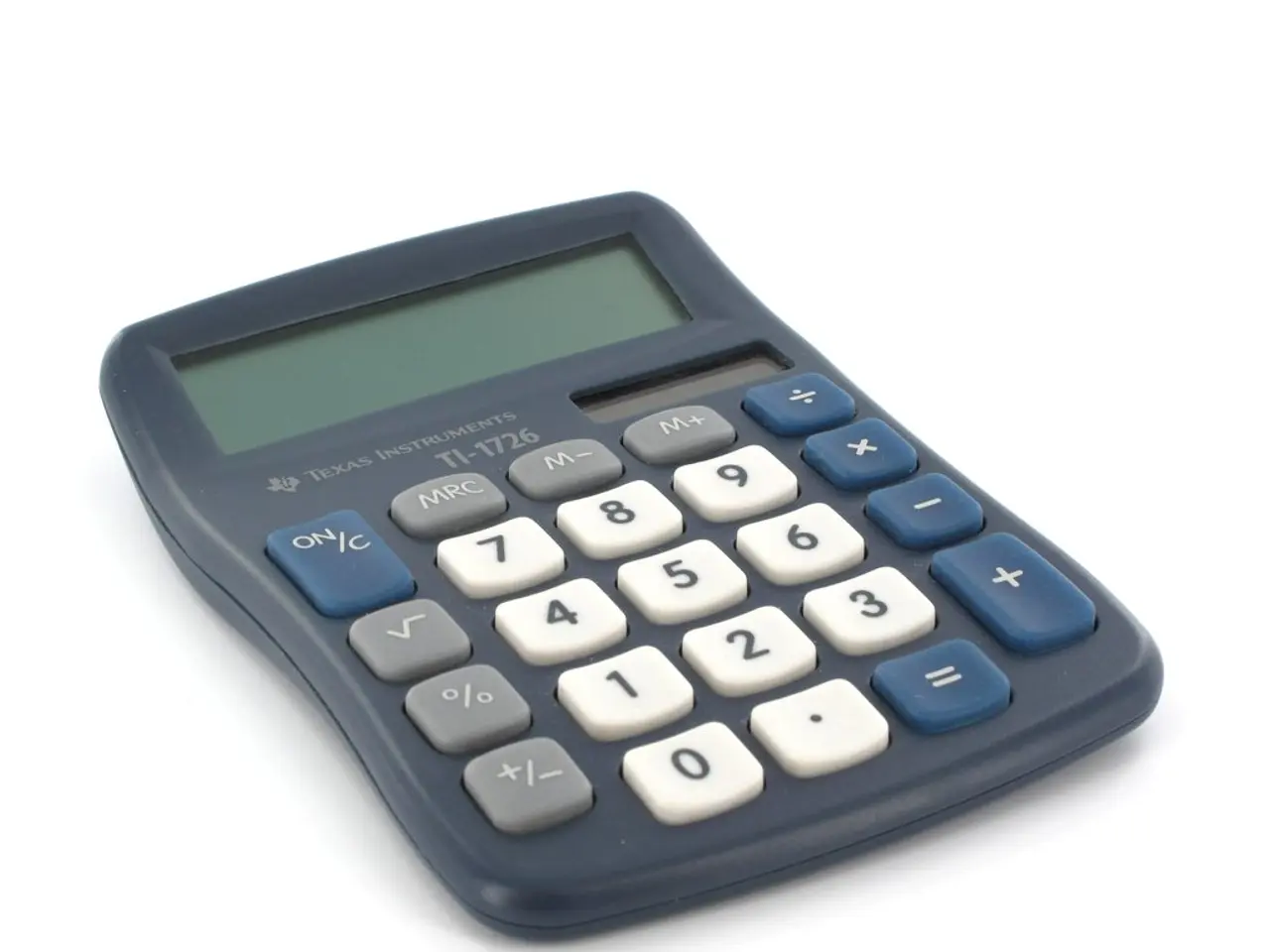Enhancing Mathematical Competence for Banking Assessments: Strategies for Success
Improving Quantitative Aptitude Skills for Bank Exams
The quantitative aptitude section is a crucial component of banking sector examinations, and mastering it is essential for success. Here are some effective methods to enhance calculation speed and accuracy for bank exams.
Firstly, focusing on crucial topics is vital. Frequently asked topics in bank exam prelims include Simplification/Approximation, Number Series, Quadratic Equations, basic arithmetic (percentages, ratios, averages, simple and compound interest). Mastering these topics will provide a solid foundation for the exam.
Secondly, mastering calculation fundamentals is key. This includes memorizing multiplication tables up to 30, squares up to 50, cubes up to 20, and common fraction-to-percentage conversions. Learning quick Vedic Maths tricks for addition, subtraction, multiplication, and division can also speed up mental math.
Practice is essential, and it should be done under timed conditions. Start with 15 minutes to solve about 10–15 questions and gradually reduce this time to 8–10 minutes while aiming for 90–95% accuracy. This builds both speed and accuracy essential for bank exams.
Using section-wise strategies can also be beneficial. For example, apply BODMAS rules strictly and use approximation in simplification when answer choices differ significantly. For number series, learn common patterns and apply reverse solving if stuck.
Employing math shortcuts and tricks can simplify calculations quickly. Techniques such as rounding numbers to the nearest base 10 and then adjusting can speed up addition or subtraction significantly.
Revising and solidifying concepts consistently is also crucial. Formulae and identities form the backbone of quantitative aptitude questions in bank exams, so it's essential to review them regularly.
Regular repetition of these values can aid in quickly solving questions during examinations. To achieve results in a short period of time, you should learn the art of challenging yourself by increasing the difficulty level of your practice.
Practicing calculation without using pen and paper can enhance mental math skills. The ability to overcome obstacles in a given time period separates a successful candidate from the crowd.
Candidates should memorize multiplication tables up to 20 and square roots of 1 to 25 square values and 1 to 20 square roots. Continuous practice is crucial for making necessary improvements in the speed of your calculation. Practicing with random numbers can help develop mental mathematical skills.
Improving math skills is essential for success in bank exams. Math principles and their applications are crucial for understanding real-world problems in banking. Early hours are ideal for improving the speed of calculation and mastering the quantitative aptitude section.
Learning Vedic mathematics tricks and shortcuts can improve calculation speed in the Quantitative Aptitude Section. Mental visualization can help improve calculation speed in mathematics. Research reports suggest that mental visualization aids in remembering information better.
Lastly, the problems you are practicing should continue to increase in difficulty level, but at a slow pace. The four fundamental rules of mathematics (addition, subtraction, multiplication, division) form the basis for mathematical solutions.
In summary, a combination of solid foundational knowledge, targeted practice of frequently tested topics, use of calculation shortcuts, and timed practice sessions effectively improves calculation speed for bank exams.
Study and master essential topics like Simplification/Approximation, Number Series, Quadratic Equations, and basic arithmetic for improved results in career-related education and self-development such as bank exams.
Learn and memorize mental math tricks, such as Vedic Mathematics methods, to expedite calculations in the quantitative aptitude section.
Consistent practice with random numbers, combined with timed sessions, is key to enhancing calculation speed and accuracy for success in bank exams.
Incorporate math shortcuts like rounding numbers, employ mental visualization, and revise concepts regularly to simplify calculations and remedy obstacles during exams.




